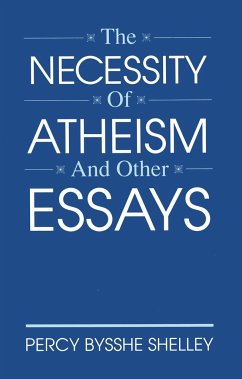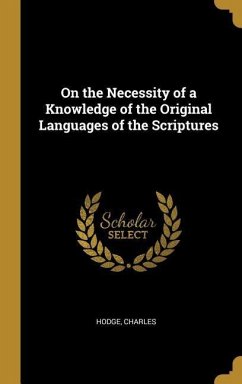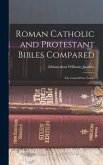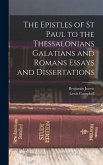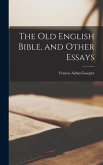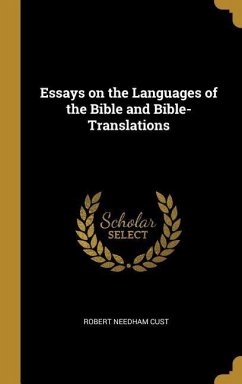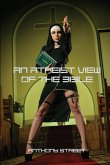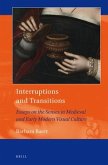The great Romantic poet Percy Bysshe Shelley (1792-1822), best known for such masterpieces as "Ode to the West Wind" and "Prometheus Unbound," also expressed his ideas on religious oppression in works of impassioned prose. The Necessity of Atheism and Other Essays features five anti-religious tracts by Shelley: "On Christianity," "The Necessity of Atheism" (which resulted in the youthful Shelley's expulsion from Oxford in 1811), "On Life," "On a Future State," and "A Refutation of Deism." Like his great poems, these works extol the spirit of mankind and argue that Christianity, with its repressive belief system, is wholly out of keeping with human ideals and aspirations. A philosopher as well as a poet, Shelley argues that the divine attributes of God are merely projections of human powers; life everlasting cannot be empirically demonstrated, for it runs counter to all the evidence for mortality given by the natural world, which is the only world we know. During his brief life, Shelley affronted the armies of Christendom with a single-minded purpose. As Shelley observes in his dialogue "A Refutation of Deism," there can be no middle ground between accepting revealed religion and disbelieving in the existence of a deity - another way of stating the necessity of atheism. In all, these essays provide an important statement of the poet and freethinker's enlightened views on skepticism, faith, and the corruption of organized Christianity
Hinweis: Dieser Artikel kann nur an eine deutsche Lieferadresse ausgeliefert werden.
Hinweis: Dieser Artikel kann nur an eine deutsche Lieferadresse ausgeliefert werden.

